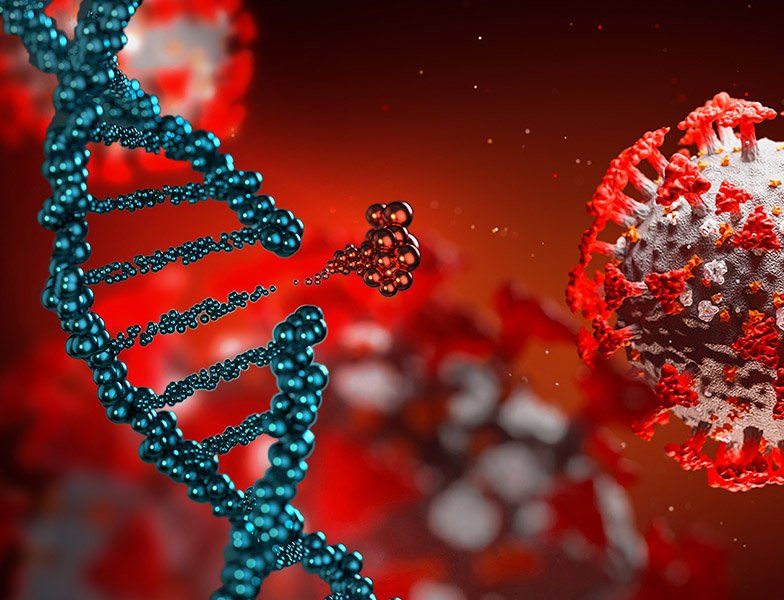Modified RNA CRISPR boosts gene knockdown in human cells.
In the latest of ongoing efforts to expand technologies for modifying genes and their expression, researchers in the lab of Neville Sanjana, PhD, at the New York Genome Center (NYGC) and New York University (NYU) have developed chemically modified guide RNAs for a CRISPR system that targets RNA instead of DNA. These chemically-modified guide RNAs significantly enhance the ability to target – trace, edit, and/or knockdown – RNA in human cells.
Longevity. Technology: In the study published in Cell Chemical Biology, the research team explores a range of different RNA modifications and details how the modified guides increase efficiencies of CRISPR activity from 2-to 5-fold over unmodified guides. They also show that the optimised chemical modifications extend CRISPR targeting activity from 48 hours to four days.
Increasing the efficiencies and “life” of CRISPR-Cas13 guides is of critical value to researchers and drug developers, allowing for better gene knockdown and more time to study how the gene influences other genes in related pathways.
The researchers worked in collaboration with scientists at Synthego Corporation and New England BioLabs, bringing together a diverse team with expertise in enzyme purification and RNA chemistry. To apply these optimised chemical modifications, the research team targeted cell surface receptors in human T cells from healthy donors and a “universal” segment of the genetic sequence shared by all known variants of the RNA virus SARS-COV-2, which is responsible for the COVID-19 pandemic.
